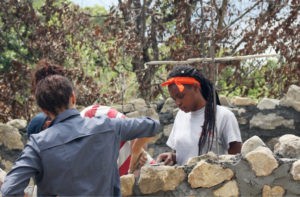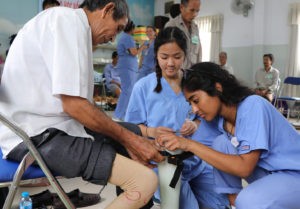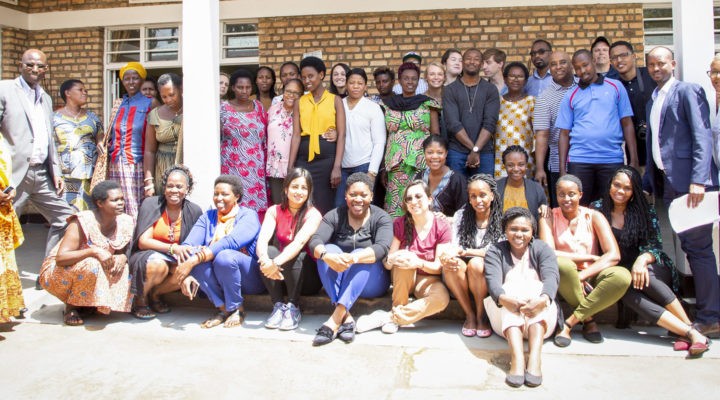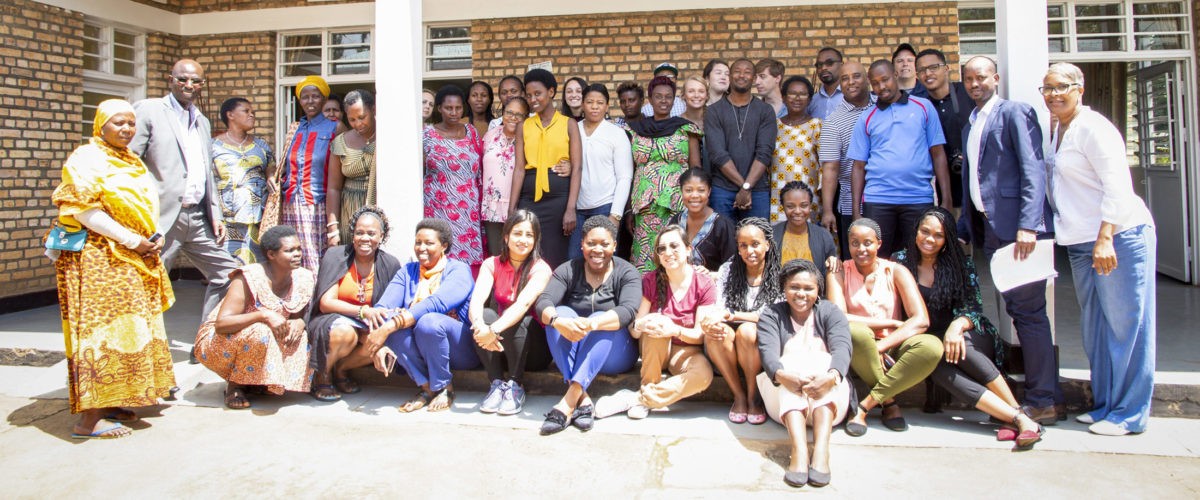“Coddiwomple,” Craig McMahan says, pretty much describes Mercer on Mission as it emerges from the COVID-19 pandemic.
“It’s a word that means to move purposely toward an unknown or vague destination, and we are certainly moving cautiously but confidently toward an unknown goal,” said McMahan, director of the Mercer University program that provides service learning and study abroad opportunities for students.
Only one of the 20 projects scheduled for 2020 actually occurred, cutting overall participation from 300 students to 30 last year.
While the program’s goal is to emerge from pandemic-imposed travel restrictions to a full slate of global missions, knowing which destinations will reopen, and when, remains unclear, he said.
But the moving-with-confidence component also is operative thanks to a $10 million donation announced this month and a year spent fine-tuning administrative and logistical practices and maintaining international relationships via video conferencing technology.
This is not altogether unlike plants during winter, McMahan said. “Their roots keep growing but not the leaves. Mercer on Mission did a lot of underground growing by making good use of the time when we weren’t traveling.”
But the growth came with a significant amount of pain, he said.

Mercer on Mission volunteers building a wall in the Dominican Republic.
“Probably the biggest challenge posed by the pandemic was having to tell students they could not travel. A lot of our students come to Mercer precisely because of Mercer on Mission, and for those who were seniors, not being able to travel was a big hurt.”
Only one of the 20 projects scheduled for 2020 actually occurred, cutting overall participation from 300 students to 30 last year.
While planning is under way for 15 projects in 2022, activity this year is still expected to be modest, with four missions involving 90 students slated for late summer — assuming that the Dominican Republic, the Republic of Georgia, Rwanda and Vietnam reopen in time, McMahan said. “The way forward isn’t clear, but we are trying to get everything in place for what we hope is the reality, the possibility, of travel this summer.”
Yet a major upside has been the $10 million donation from the Macon, Ga.-based Phil J. and Alice S. Sheridan Foundation to support the work of Mercer on Mission.
The gift will establish The Sheridan Center at Mercer University, which will benefit the entire Mercer on Mission program but also will expand the university’s unique prosthetics ministry beyond its current operation in Vietnam, McMahan said.

Mercer students fit a Vietnamese man with a prosthetic.
Since 2007, Mercer volunteers have fitted more than 16,000 Vietnamese with patented, highly durable and low-cost prosthetic legs that were designed and are manufactured by Mercer faculty, staff and students. Most of the patients fitted with the prosthetic legs have been victims of land mines left over from the Vietnam War. With the new gift, Mercer will be on track to become the largest supplier of high-quality prosthetics throughout the world to people who could not otherwise afford them.
Such a goal would have been impossible before the contribution orchestrated by local businessman and philanthropist Chris R. Sheridan, chairman of the Sheridan Foundation board, a Mercer trustee and longtime supporter of the Vietnam prosthetics project.
The impact of the gift is already being felt as the university is able to purchase more prosthetic components, hire staff and actively explore other ministry sites around the world.
Since 2007, Mercer volunteers have fitted more than 16,000 Vietnamese with patented, highly durable and low-cost prosthetic legs.
“We are seriously looking at going to Colombia, which has one of the highest concentrations of amputees in the world because of their civil war,” McMahan said. “We are looking at finding local partners and opening clinics.”
In Mercer’s announcement of the gift, Sheridan extolled the program’s impact on underprivileged people around the world. “This partnership extends our reach beyond our experience and our lifetimes; it is one that multiplies the effect of our financial donation with infrastructure, reach, vision and results.”
Mercer President William Underwood described the gift as transformative. “This endowment will serve to empower the lives of impoverished persons globally through research and innovation,” he said.


